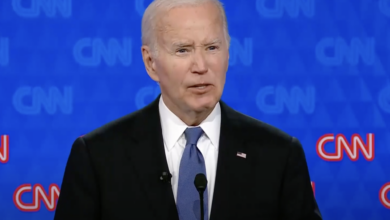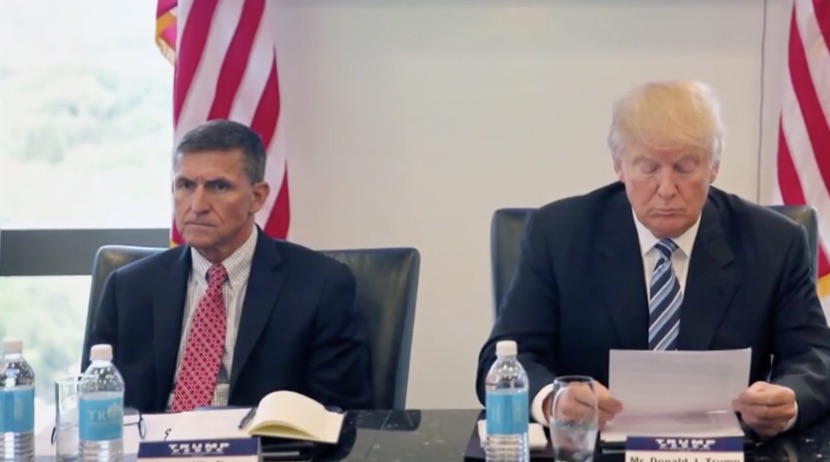The New York Times Supported Blocking SCOTUS Appointments Before They Were Against It

The New York Times will take any position that advances the progressive agenda, regardless of the rules. That’s why they supported blocking Supreme Court nominations when the Democrats had control over the Senate back in the 80’s, but are criticizing Republicans for doing the same now.
In a recent editorial regarding the future of the Supreme Court following the death of Justice Antonin Scalia, the New York Times editorial board lamented that the party in control of the Senate would deny a president of the opposite party his choice of Supreme Court nominees.
“Rather it was the Senate’s customary acknowledgment — at least until recently — that the president had fulfilled his constitutional duty and selected a clearly qualified person for the post,” the Times wrote Sunday. “Thirty years later, and within hours of the news that Justice Scalia had died, Senate Republicans, led by Majority Leader Mitch McConnell of Kentucky, rejected that practice outright.”
…In an Oct. 5, 1987, editorial opposing President Ronald Reagan’s nomination of Robert Bork to the high court, the Times’ editorial board made a very different argument, contending that the party in control of the Senate has “every right to resist” a president’s Supreme Court nominees:
“The President’s supporters insist vehemently that, having won the 1984 election, he has every right to try to change the Court’s direction. Yes, but the Democrats won the 1986 election, regaining control of the Senate, and they have every right to resist. This is not the same Senate that confirmed William Rehnquist as Chief Justice and Antonin Scalia as an associate justice last year.”
NYT editors in 1987…they hold opposite view today, under same circumstances (except now it's an election year): pic.twitter.com/ip7NvXrARq
— Guy Benson (@guypbenson) February 17, 2016
This is classic progressive hypocrisy. Every principle they claim to hold is situational, depending on whether or not it would benefit the Democratic Party.
Rather than educating the public, The New York Times continues to indoctrinate the public.







